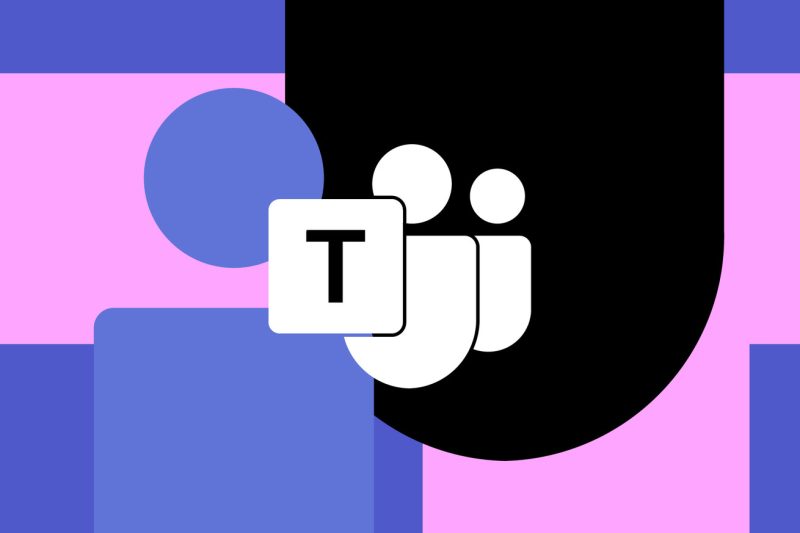Microsoft Charged with EU Antitrust Violations for Bundling Teams
The European Union has hit tech giant Microsoft with antitrust violations for bundling its collaboration software, Teams, with its widely used Office suite. The accusations stem from concerns that Microsoft’s actions hinder competition and limit consumer choice in the marketplace.
This latest development comes as the EU continues to keep a watchful eye on dominant tech companies and their business practices. The EU’s antitrust watchdogs are tasked with ensuring fair competition and protecting consumer interests in the digital age.
Microsoft’s bundling of Teams has raised eyebrows among critics who argue that such a move stifles competition in the growing market for collaboration tools. By favoring its own product over others in the Office suite, Microsoft may be creating barriers for smaller companies and startups trying to enter the market.
The EU’s move to charge Microsoft with antitrust violations sends a strong message that tech companies must play by the rules and not abuse their market dominance. The EU’s competition commissioner emphasized the importance of a level playing field for all companies, big and small, to thrive and innovate.
Microsoft, on its part, has defended its actions, stating that bundling Teams with Office benefits consumers by providing a seamless and integrated user experience. The company maintains that its practices are in line with industry standards and that competition in the collaboration software market remains robust.
As the case unfolds, it will be crucial for regulators to carefully weigh the arguments from both sides and consider the potential impact on competition and consumer choice. Antitrust cases involving tech giants like Microsoft have far-reaching implications for the future of the digital economy and the regulatory landscape.
In conclusion, the EU’s charges against Microsoft underscore the complexities of regulating the tech industry and ensuring fair competition in a rapidly evolving digital world. The outcome of this case will not only shape the future of collaboration software but also set a precedent for how tech companies navigate competition rules in the global marketplace.

